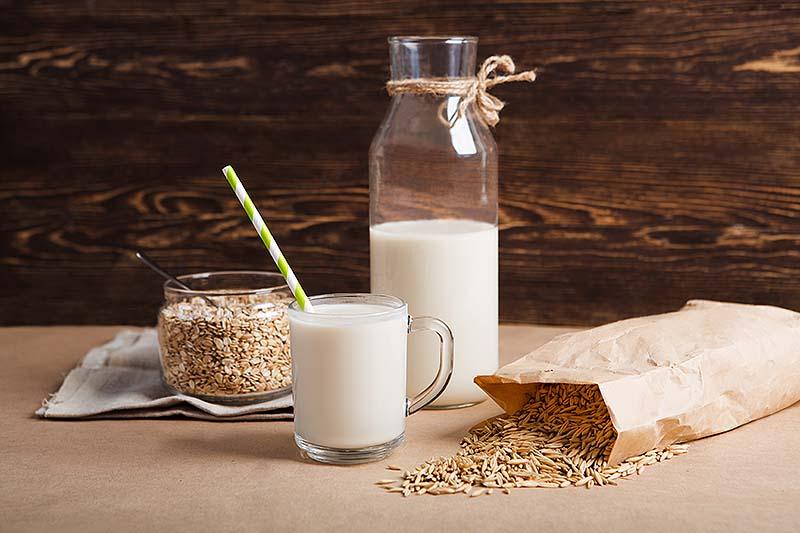
Here’s a couple of good reasons why you should think about skipping out on milk
We’ve always heard the phrase, “Milk keeps your bones healthy” while growing up, and we didn’t know any better! But the opposite is often the case. Milk actually doesn't have any particular components that stop broken bones or prevent osteoporosis. According to the Nurse’s Health Study, dairy products can even increase the risk of osteoporosis! Countries in Africa and Asia, where almost no cow's milk is consumed, have the lowest rates of osteoporosis in the world. With lower rates of milk consumption, and lots of outdoor activity and exercise, which is important for Vitamin D, these countries have maintained these record low osteoporosis rates. Yes, it’s true that milk contains calcium. However, calcium is also available in various other plant sources. Not only that, but milk provides the body with very little magnesium. Why does this matter? Well, magnesium is just as important for bone health as a good supply of calcium! Some great sources for both magnesium and calcium exist in the mineral sources of green leafy veggies like spinach, tahini (sesame paste) and kale. Furthermore, the American Journal of Dermatology has commented that cow's milk has been linked to the development of acne and other skin conditions in at least three large-scale studies. Research shows that milk drinkers have an increased risk of developing skin problems like acne and eczema by 44 percent. Not only that, but dairy products can also increase the risk of cancer. Research has revealed that higher dairy intake increases the risk of developing prostate cancer in men by 30 to 50 percent. In addition, drinking milk increases type 1 insulin-like growth factors (IGF-1) - also known as Somatomedin C, a cancer-promoting factor. Almost 75 percent of the world's population suffers from lactose intolerance, which means that they are unable to digest the lactose in the milk products. They lack the lactase enzyme that breaks down lactose in cow's milk. As the lactose ferments in the intestine, the end result is that person suffers from severe flatulence and diarrhea. Milk protein is often even more problematic. Many people cannot tolerate milk protein and it can cause chronic respiratory diseases, frequent infections, headaches, and indigestion. Those who suffer from chronic health problems often experience a significant improvement in their health situation once they begin avoiding dairy. If you are experiencing intestinal problems, skin problems, allergies, and any inflammatory processes in the body, you should try and avoid cow's milk products for a few months and see how much of a difference it makes.Our alternative suggestions for you
- Expose yourself to the sun as often as possible to raise your vitamin D level, as this vitamin is urgently needed for calcium absorption and bone health. Make sure to put on some sunscreen though!
- Instead of eating dairy products, try eating green leaf salads or leafy green vegetables every day to meet your calcium needs.
- Avocados are an excellent butter substitute. Their creaminess and taste make it easy for you to remove butter from your routine.
- Coconut fat/oil is also a good substitute for people who want to avoid dairy products. This butter-like fat is excellent for roasting and baking while also being very heat-stable.
- Replace the cow's milk with vegetable milk types such as oat milk, soy milk, rice milk, or almond milk.


